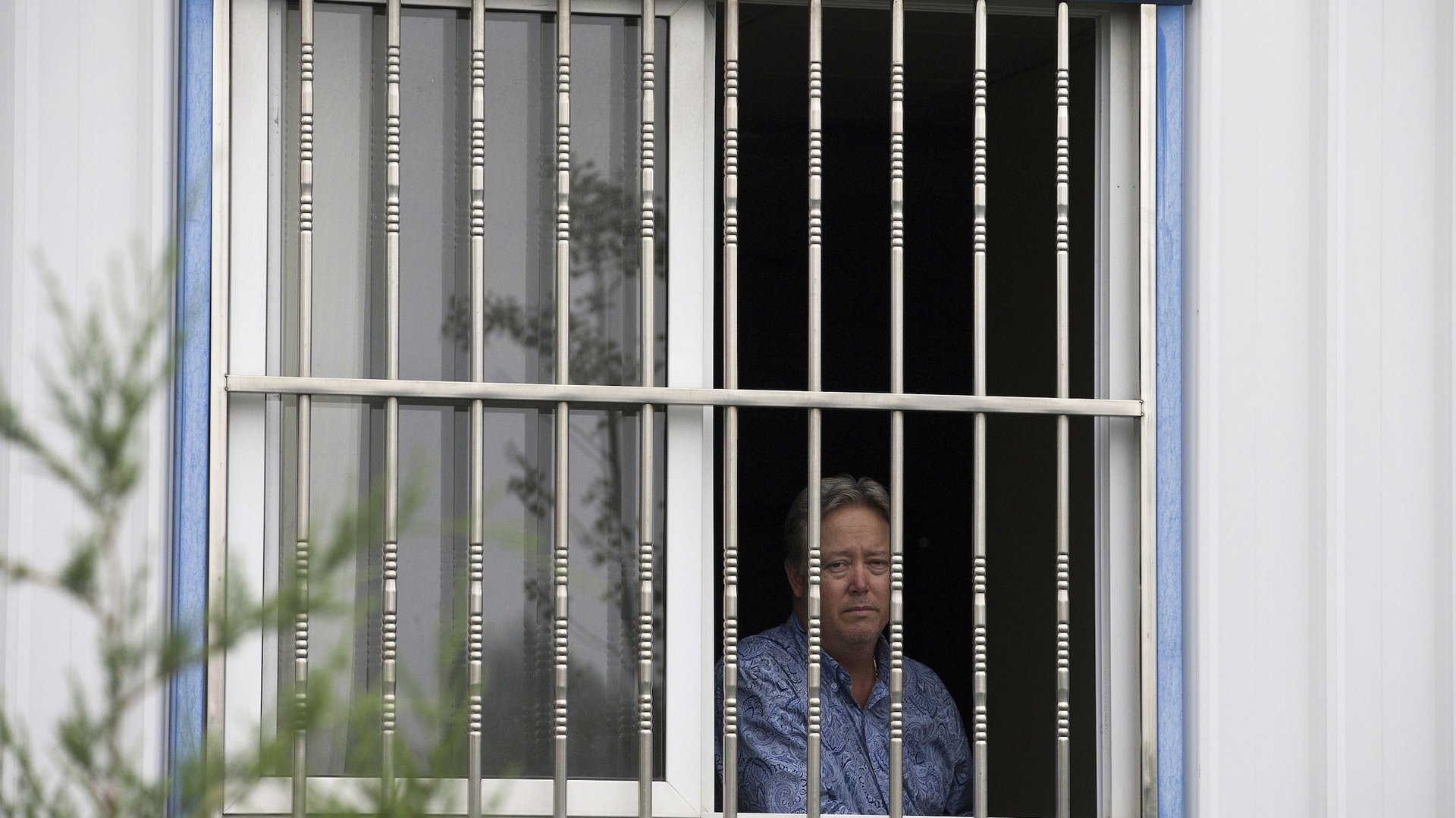One risk of doing business in China: Getting held hostage
An American executive has been held hostage for four days by workers at a factory in Beijing in a sign of China’s increasingly bold labor protests, which are forcing business managers and officials to capitulate to their demands.


An American executive has been held hostage for four days by workers at a factory in Beijing in a sign of China’s increasingly bold labor protests, which are forcing business managers and officials to capitulate to their demands.
According to the Associated Press, Chip Starnes, owner of a Florida-based medical supplies firm that sources from China, had traveled to the factory last week to lay off 30 people in the company’s plastics division that was being moved to India. Hearing about severance packages given to those workers, employees in other divisions started demanding similar payment even though they weren’t being laid off. The workers appear to be holding Starnes hostage until they receive money, which Starnes said would be wired to them on Tuesday, June 25.
What’s interesting about the case is that, according to Starnes, local officials forced him into agreeing to pay the workers. Chinese labor protests have been increasing over the past several years and so has the number of times their demands have been met (paywall). As we’ve written before, without effective labor unions, protests have become the means for workers to negotiate benefits with managers. Worried about labor shortages (paywall) and public image, company executives give in. Worried about social stability, local officials encourage the companies to settle with workers. (Higher pay is the most common demand.)
More aggressive labor protests could make factories in China—where manufacturing costs are approaching US levels, by some estimates—less appealing to foreign firms. Holding a manager hostage isn’t an unusual practice in Chinese labor disputes, but foreign executives aren’t usually targeted, according to Christian Murck, president of the American Chamber of Commerce in China.
A US Embassy spokesman said the two sides were close to an agreement, but didn’t give specifics. Workers were blocking all exits from the plant and preventing him from sleeping by shining lights and banging on the windows of his office. “I feel like a trapped animal,” Starnes told the AP.